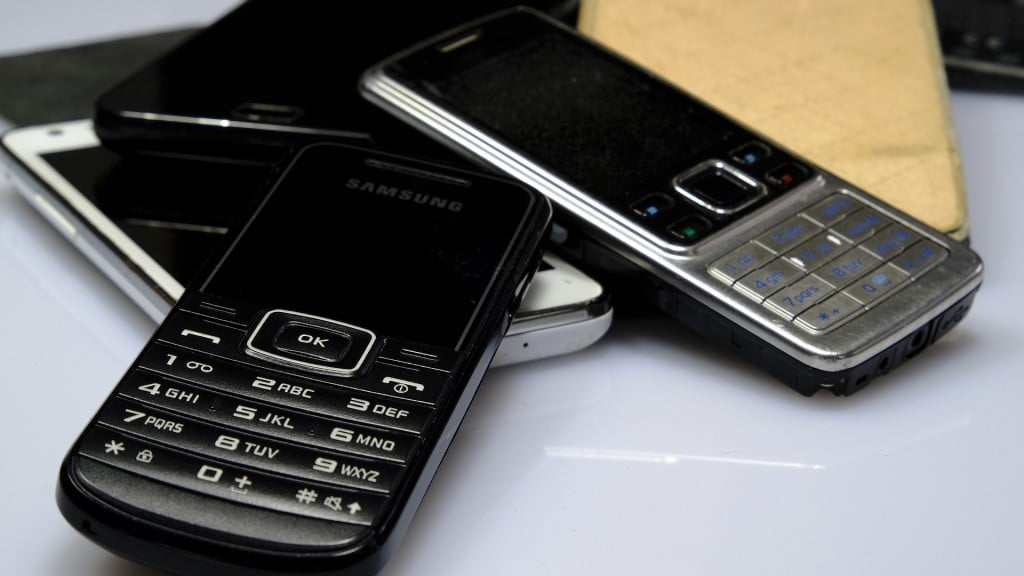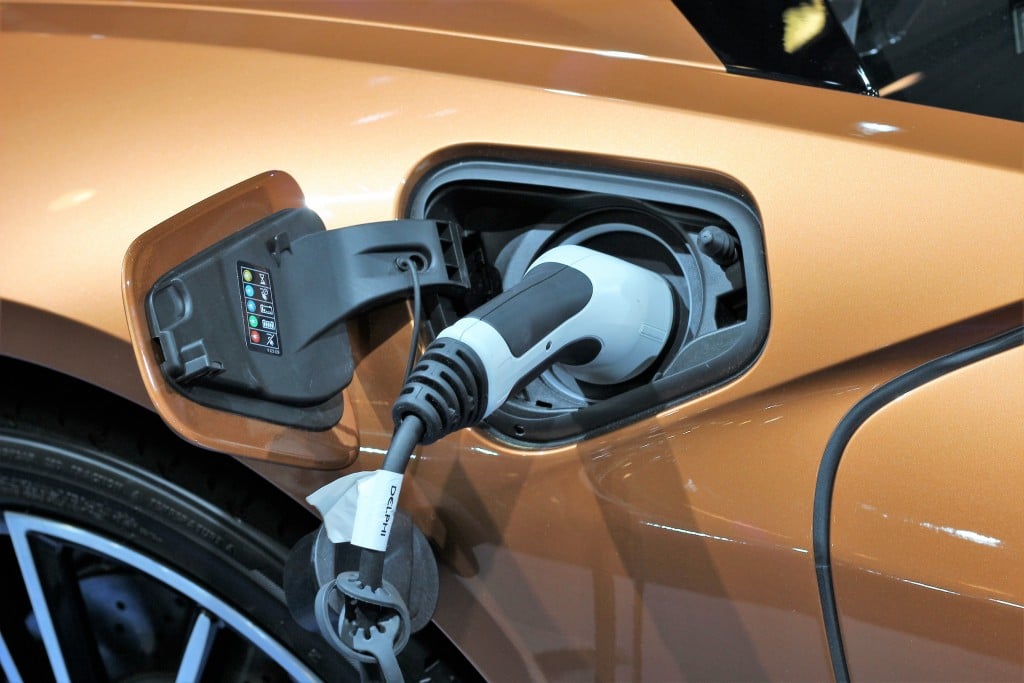Consumer knowledge deficits hampering lithium battery recycling
The average individual owns nine lithium battery-powered devices, but 55 percent of people do not know where to recycle lithium batteries

Cirba Solutions has shared a new report that highlights consumer insights on lithium battery recycling, titled The Consumers Lithium Landscape. The findings from the survey provide insights into the lack of consumer awareness regarding the safe recycling of lithium batteries.
According to the survey, more than half of respondents (53 percent) are unaware of how to properly recycle lithium batteries, while 41 percent do not know the dangers of improper disposal. This highlights a societal need for greater education and action as the U.S. transitions toward more sustainable energy solutions.
"Despite the widespread use of lithium batteries, there is a significant gap in understanding how to safely handle and dispose of them," says Karen Gay, manager of community engagement at Cirba Solutions. "Even when people are aware that batteries need to be recycled, the lack of clear and accessible information on how and where to do so is a barrier. Cirba Solutions is committed to bridging this gap through education and outreach. This data highlights just how important this effort is for protecting both communities and the environment."
A need for greater education about lithium battery recycling
Improperly disposing of lithium batteries in landfills poses safety and environmental concerns. This is particularly concerning for lithium-ion batteries found in everyday consumer products, including cell phones and laptops. The average individual owns nine lithium battery-powered devices, and 98 percent use these devices daily. Despite this, 55 percent of respondents do not know where to recycle these batteries and 37 percent are unaware they can be recycled at all. Even among those who understand lithium batteries should not be disposed of in regular trash bins, 45 percent admit they do because of a lack of understanding about where to dispose of them.
To enhance community education on the subject of recycling used batteries, Cirba Solutions launched the SustainABILITY 10,000 initiative in April of 2024, committing to 10,000 hours of community engagement and education in communities across North America. This initiative raises awareness of battery recycling opportunities, as proper recycling can reduce the risk of thermal events caused by improper handling of batteries. By engaging directly with communities, Cirba Solutions is aiming to drive meaningful change toward safer and more sustainable battery use and disposal.
Knowledge gaps extend to the electric vehicle sector
In addition to covering consumer devices, The Consumers Lithium Landscape report dives into the rapid growth of electric vehicles (EVs) and reveals similar knowledge gaps in the safe recycling of EV batteries, further underscoring the need for public awareness and accessible recycling solutions.
This includes:
- Growing EV demand: Interest is surging, with 12 percent of respondents surveyed already driving an electric vehicle, and 37 percent of non-EV-driving respondents planning to buy one within the next 12 to 36 months. High gas prices are pushing 70 percent to seek fuel savings, while 69 percent aim to reduce emissions and 56 percent are drawn to cutting-edge automotive technology, signaling a strong shift toward electric mobility.
- Improving safety and education: Despite rising interest in EVs, 59 percent don't know how to recycle their batteries, 47 percent are unsure of their battery's lifespan and 48 percent don't know when to replace it. Bridging these gaps is vital to enhancing the EV ownership experience, maximizing the environmental benefits of electric vehicles and accelerating the shift toward a more sustainable economy.
"As we celebrate America Recycles Day, it's vital to emphasize that recycling old, used, and damaged batteries is an environmental responsibility and also a crucial step in enhancing our circular economy," says Jay Wago, chief commercial officer of Cirba Solutions. "With the expected rise in EV adoption and electronic devices that charge our everyday lives, we must address the educational gap surrounding battery recycling practices. By raising awareness and educating consumers, we can create a cleaner and safer world."



